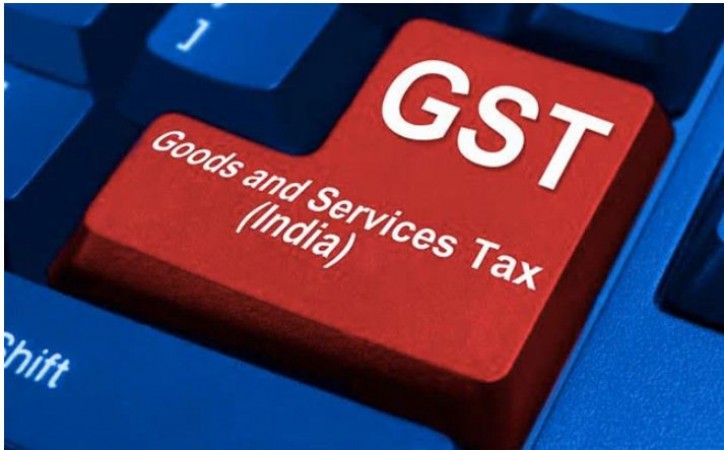
GST Day, observed on June 1st, marks a significant milestone in India's tax system. It commemorates the day when the Goods and Services Tax (GST), the nation's most comprehensive indirect tax reform, was introduced. Since its implementation in 2017, GST has played a pivotal role in reshaping India's economy, streamlining taxation processes, and fostering economic integration.
The Goods and Services Tax is a unified tax structure that replaced multiple indirect taxes such as excise duty, service tax, and value-added tax (VAT). It aims to create a common market, eliminate cascading taxes, and simplify compliance procedures. The GST system operates on a dual model, involving both the Central and State Governments, with the objective of achieving fiscal federalism.
Significance of GST: The implementation of GST has brought about several positive changes and benefits for the Indian economy:
GST has harmonized the tax regime by providing a single platform for businesses to comply with taxation requirements. It has simplified the process of tax administration, reducing the burden on taxpayers and eliminating the complexities associated with multiple tax laws.
GST has contributed to improving the ease of doing business in India. With the elimination of multiple tax barriers, businesses can operate seamlessly across state boundaries, promoting interstate trade and boosting economic growth.
One of the significant advantages of GST is the elimination of cascading taxes. Previously, taxes were levied on taxes, leading to increased costs for businesses. GST has facilitated the seamless flow of input tax credits, ensuring that taxes are only levied on the value added at each stage of the supply chain.
The implementation of GST has encouraged tax compliance among businesses. The introduction of a robust technology-driven platform, the GST Network (GSTN), has made the tax filing and payment process more efficient and transparent. This has reduced tax evasion and increased revenue collections for the government.
GST has stimulated the manufacturing sector by integrating various taxes, reducing the cost of production, and promoting competitiveness. Additionally, the export sector has benefited from the input tax credit facility, making Indian goods and services more competitive in the global market.
GST has ushered in an era of transparency and accountability in the taxation system. With the digitalization of tax processes, the chances of manipulation and corruption have significantly reduced. This has instilled confidence among taxpayers and improved the overall integrity of the tax system.
GST Day is celebrated across India to acknowledge the transformative impact of GST on the nation's economy. The day serves as a platform for stakeholders, including government officials, policymakers, business leaders, and taxpayers, to come together and discuss ways to further strengthen the GST framework.
GST Day, observed on June 1st, signifies the successful implementation of the Goods and Services Tax in India. It has emerged as a game-changer in the country's tax landscape, bringing efficiency, transparency, and uniformity to the indirect taxation system. Over the years, GST has contributed to the growth of the Indian economy, promoting ease of doing business, encouraging compliance, and bolstering sectors like manufacturing and exports. As India continues its journey towards economic progress, GST remains a vital component in realizing the vision of a unified and prosperous nation.